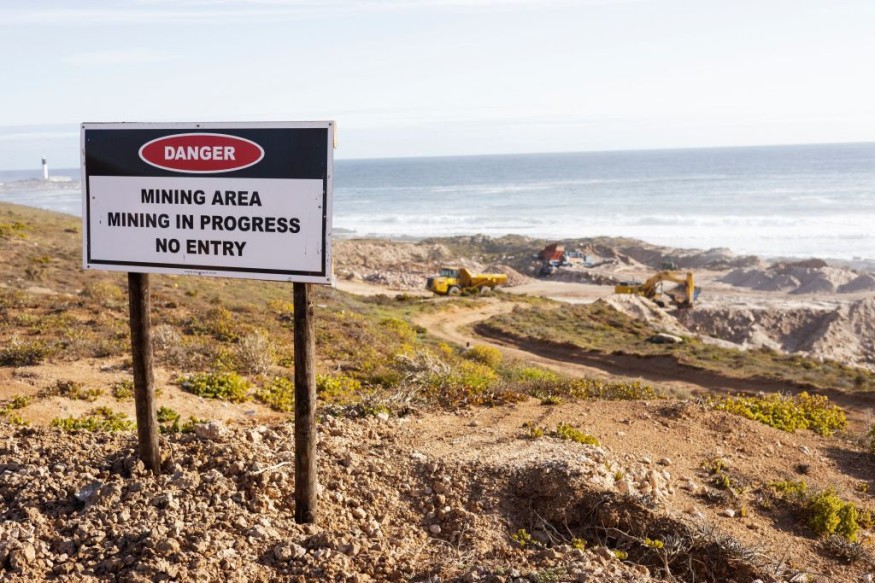Norway may become the first country in the world to pursue deep-sea mining after its parliament votes to open its waters to exploration, alarming experts and environmental groups.
Exploration of Deep-sea

The proposal, which was approved by Norway's parliament by a vote of 80-20 after receiving cross-party support, is anticipated to accelerate the exploration of minerals, particularly precious metals, that are in high demand for green technologies.
While the decision will initially apply to Norwegian seas, it would open up an area larger than Britain-280,000 square kilometers (108,000 square miles)-to future mining by firms seeking licenses to mine minerals such as lithium, scandium, and cobalt.
It is expected that an agreement on deep-sea mining in international waters will be reached later this year.
The deep ocean, one of the world's few undisturbed habitats, has long been sought after for its immense trove of resources, including copper, cobalt, zinc, and gold, which are required for the green economy and utilized in everything from wind turbines to electric vehicle batteries.
Last year, Norwegian research discovered a "substantial" number of metals and minerals on the seabed of the country's broad continental shelf.
Deep-sea mining proponents say that collecting these raw materials from beneath the ocean will allow for a faster transition to a low-carbon economy and may be less environmentally damaging than terrestrial mining.
The Norwegian government will not allow businesses to begin drilling right away. They will have to submit plans for a license, including environmental studies, which will then be approved by parliament on a case-by-case basis.
The chair of the Standing Committee on Energy and the Environment, Marianne Sivertsen Naess, said that the government was taking a "precautionary approach to mineral activities."
Walter Sognnes, co-founder of the Norwegian mining business Loke Minerals, which aims to seek a license, acknowledged that further research into the deep ocean is needed before mining can commence.
"We will have a relatively long period of exploration and mapping activity to close the knowledge gap on the environmental impact," he said.
Impact on Ecosystem
Scientists claimed that very little is known about the depths of the world's oceans, only a small portion of which have been investigated by humans, and many are concerned about the effects on these ecosystems, which have already been impacted by pollution, trawling, and the climate crisis.
"We do not know what we risk losing for the exact reason that we do not know what the deep sea holds," said Frode Pleym, head of Greenpeace Norway.
Other countries have recommended caution, including the United Kingdom, which expressed its support for a moratorium on deep sea mining last year.
More than 100 European politicians signed an open letter to the Norwegian parliament in November, urging them to vote against deep-sea mining.
The letter mentioned the dangers to marine life as well as the possibility of hastening climate change by disrupting the carbon locked up in the sea floor.
Another open letter, signed by over 800 scientists from all across the world, has urged for a halt to deep sea mining, claiming that it risks suffering losses "that would be irreversible on multi-generational timescales."
Related Article : Environmental Scientists Warned of Environment Problems Due to Norway's Deep Sea Mining Plans
© 2025 NatureWorldNews.com All rights reserved. Do not reproduce without permission.





